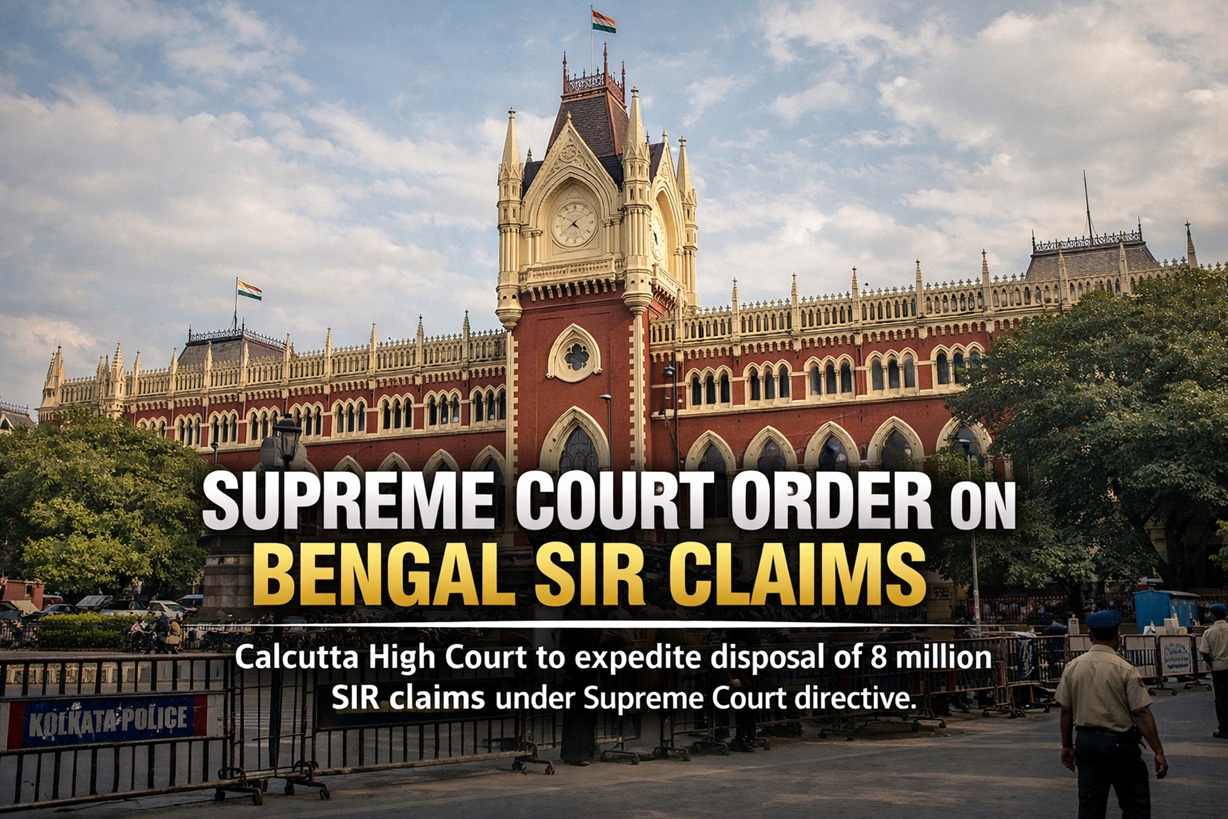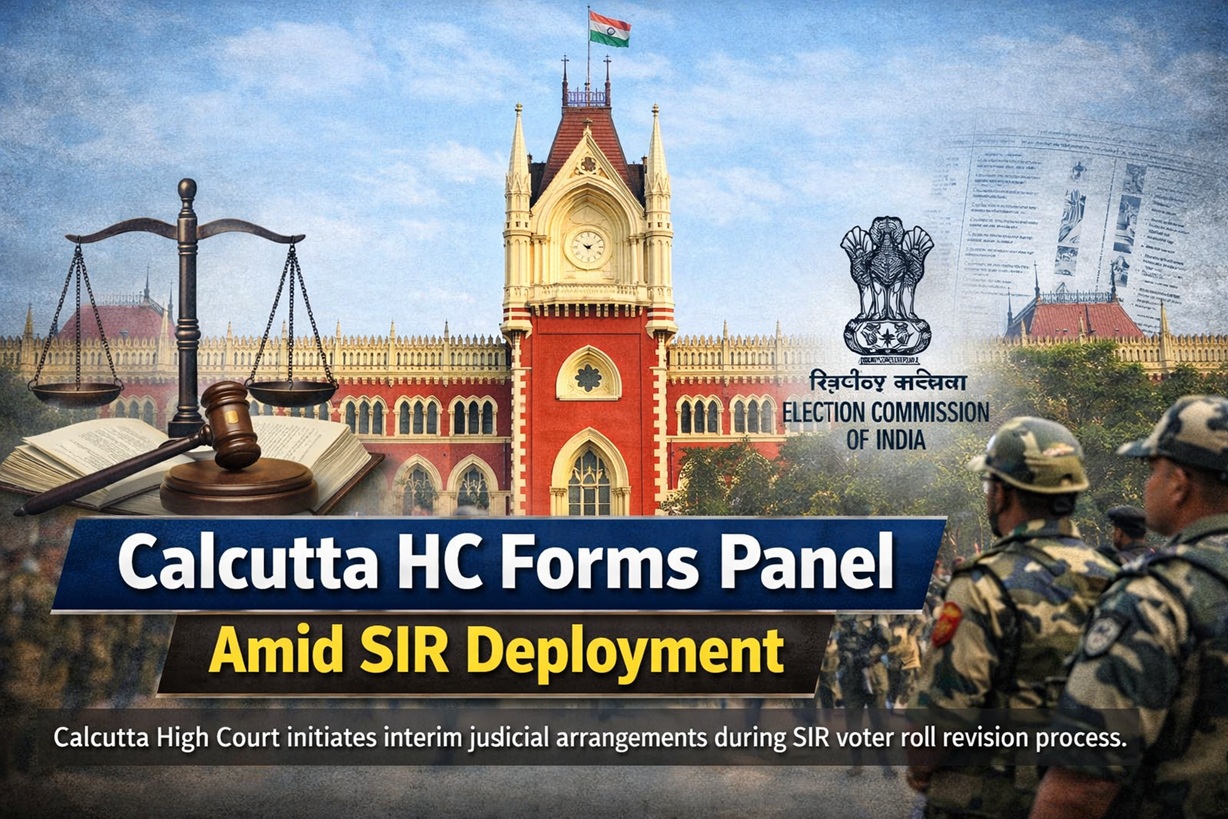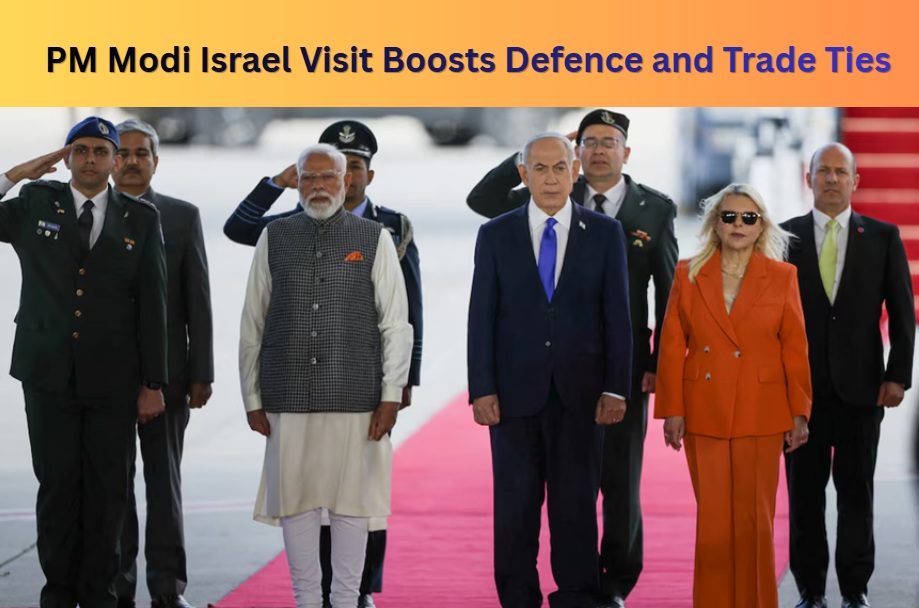A Tragic Attack Shakes India
A horrific terror attack in Pahalgam, Jammu & Kashmir, killed 26 people, leaving India in shock and anger. Prime Minister Narendra Modi has vowed to punish not just the terrorists but also those supporting them.
Modi’s Strong Warning
Speaking at a rally in Bihar, PM Modi made it clear: India will destroy terrorism’s roots. He compared India’s fight to ancient epics like the Mahabharata and Ramayana, calling it a moral duty (dharma), not just revenge. His speech was carefully scripted, suggesting India is planning serious actions.
India’s Immediate Actions: From Diplomacy to Military Readiness
Following the Pahalgam incident, India swung into action. The President was briefed on national security—an unusual move, but one that signals the seriousness of what’s to come. As the Commander-in-Chief of the armed forces, her briefing may indicate preparations for strategic-level decisions.
Key Developments:
Water as a Weapon: A high-level meeting at the Ministry of Water Resources explored options to review or suspend the Indus Waters Treaty. Blocking water flow from Indian rivers into Pakistan, especially during peak agricultural demand in May, could cripple Pakistan’s economy more effectively than conventional warfare.
Military Posture: Leave for all Army officers has been canceled. The Indian Navy conducted a successful guided missile test in the Arabian Sea—seen as a demonstration of readiness.
Global Diplomacy: External Affairs Minister S. Jaishankar met ambassadors from G20 countries to explain India’s position. The message: if India does not act now, the next attack might be in Paris, London, or New York.
Pakistan’s Chaotic Response: Fear, Confusion, and Internal Rifts
While India projected strength and resolve, Pakistan’s leadership appeared fractured and defensive.
National Security Council Meeting: Prime Minister Shahbaz Sharif convened an emergency NSC meeting, but the expected press conference by Army Chief Gen. Asim Munir was abruptly canceled. Sources suggest internal discord between the military and civilian government.
Optics of Weakness: Four junior ministers were sent to face the media, parroting lines about “reciprocal actions”—suspending visas, closing the Wagah border, and invoking the Shimla Agreement. The absence of top leadership exposed the growing civil-military rift.
Internal Power Struggle: Reports indicate tensions between PM Sharif and Gen. Munir. A leaked image from the NSC meeting showed Munir seated far from Sharif—breaking protocol and hinting at an ongoing cold war within Pakistan’s power corridors.
History Repeating?
This situation reminds experts of the 1999 Kargil War, when Pakistan’s Army acted without the PM’s approval. Some believe Pakistan’s Army Chief may be planning something similar now.
India’s Smart Strategy
Instead of rushing into war, India is using economic and diplomatic pressure:
FATF Threat: Pakistan could be blacklisted again for funding terror, hurting its economy.
Global Isolation: India is convincing the world that Pakistan supports terrorism, weakening its global standing.
Is a Military Strike Inevitable?
While no official military action has been announced, the signs are ominous. A former intelligence official summed it up best: “This is no longer a disease that can be treated with medication. Surgery is needed.”
India’s options range from targeted missile strikes and cross-border special ops to cyber warfare and strategic blockades. The international community is watching—and waiting.
Conclusion: A Nation at a Crossroads
The Pahalgam terror attack is not just another security lapse—it is a national trauma. But it has also become a geopolitical turning point.
India appears resolute in its desire to end cross-border terrorism once and for all. Pakistan, on the other hand, is unraveling—politically, economically, and militarily. As both countries stand at the precipice of a new phase in their troubled history, the world braces for what comes next.
India has sent its message. Now, the countdown begins.
Tags: Pahalgam attack, PM Modi, India-Pakistan tension, terrorism, Indus Waters Treaty, Pakistan NSC, Gen Munir, India military response, global diplomacy, FATF





